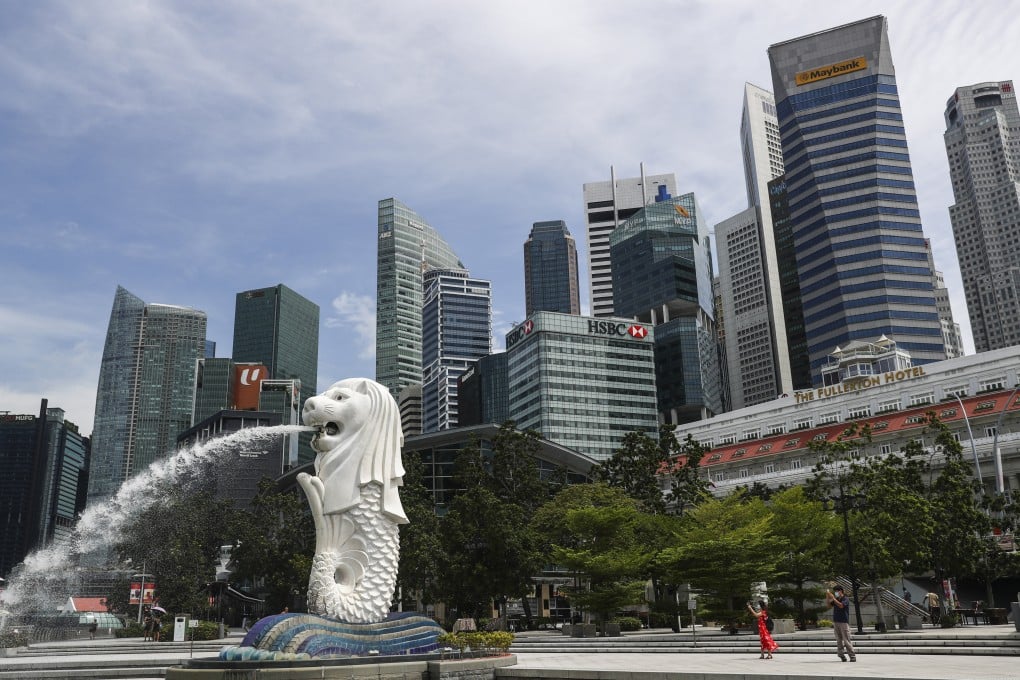Singapore money-laundering probe not done ‘at the behest of China’: minister
- Minister Josephine Teo dispelled as ‘completely untrue’ reports that Singapore went ahead with the raid soon after Chinese Foreign Minister Wang Yi’s visit in August
- Some US$2 billion in assets have been seized, and the list is likely to grow as more suspects will be interviewed in the city state’s ‘most serious’ money-laundering case

“Singapore does not need another country to tell us what to do to enforce our laws, nor will we do anything unless it is in our own interests,” Second Minister for Home Affairs Josephine Teo told lawmakers in parliament.
“In this case, we started investigations because we suspected that offences had been committed in Singapore. Once we confirmed our suspicions, we moved,” she said.
Authorities have seized some S$2.8 billion (US$2.05 billion) in assets, including luxury “good-class bungalows”, Bentley cars and Patek Philippe watches, and the laundry list is likely to grow as investigations continue for a money-laundering case described by prosecutors as the “most serious, if not the worst” in the financial hub’s history.
Teo was among three officials fielding 57 questions from lawmakers from across the aisle, including how the suspects entered the country and the government’s plans for boosting financial safeguards.